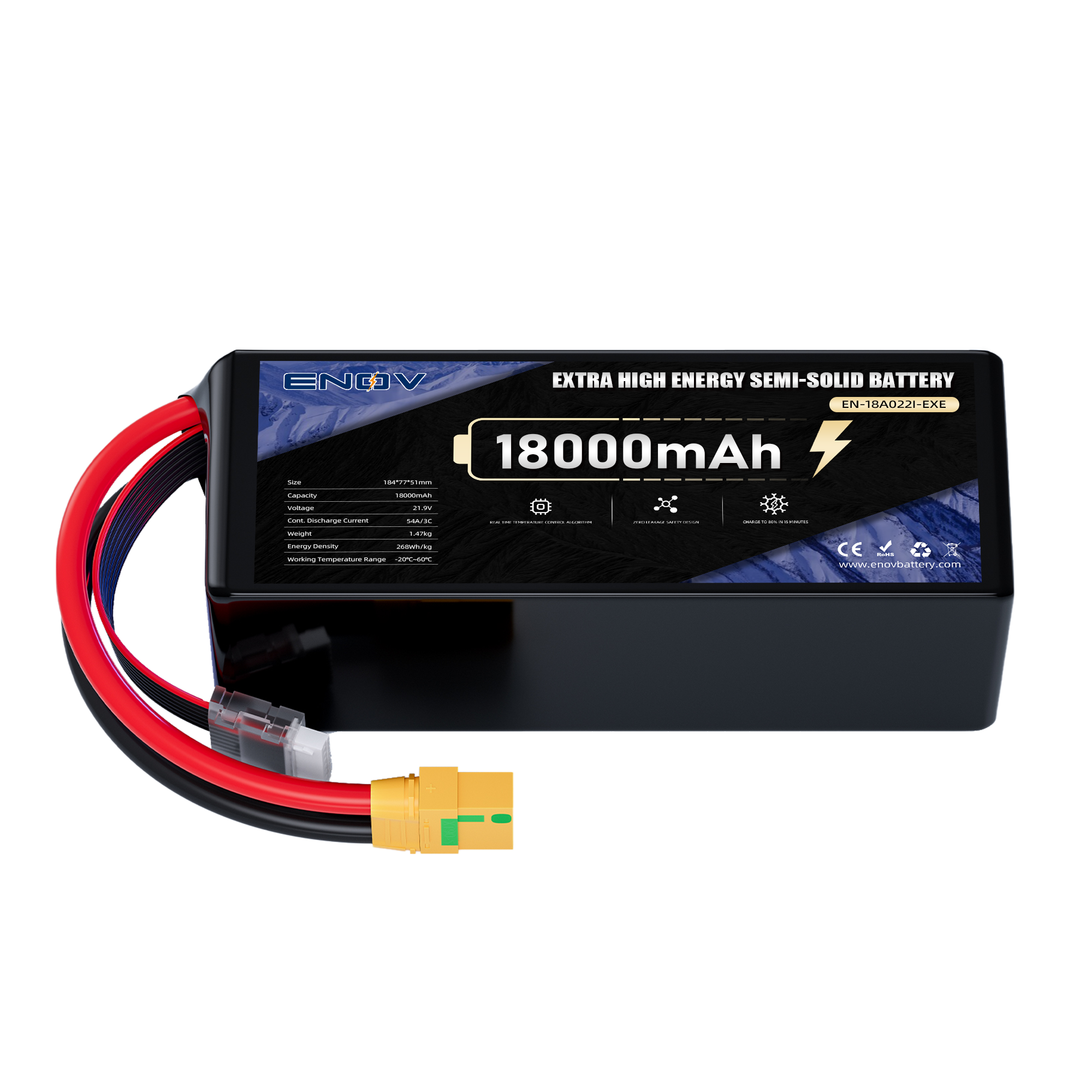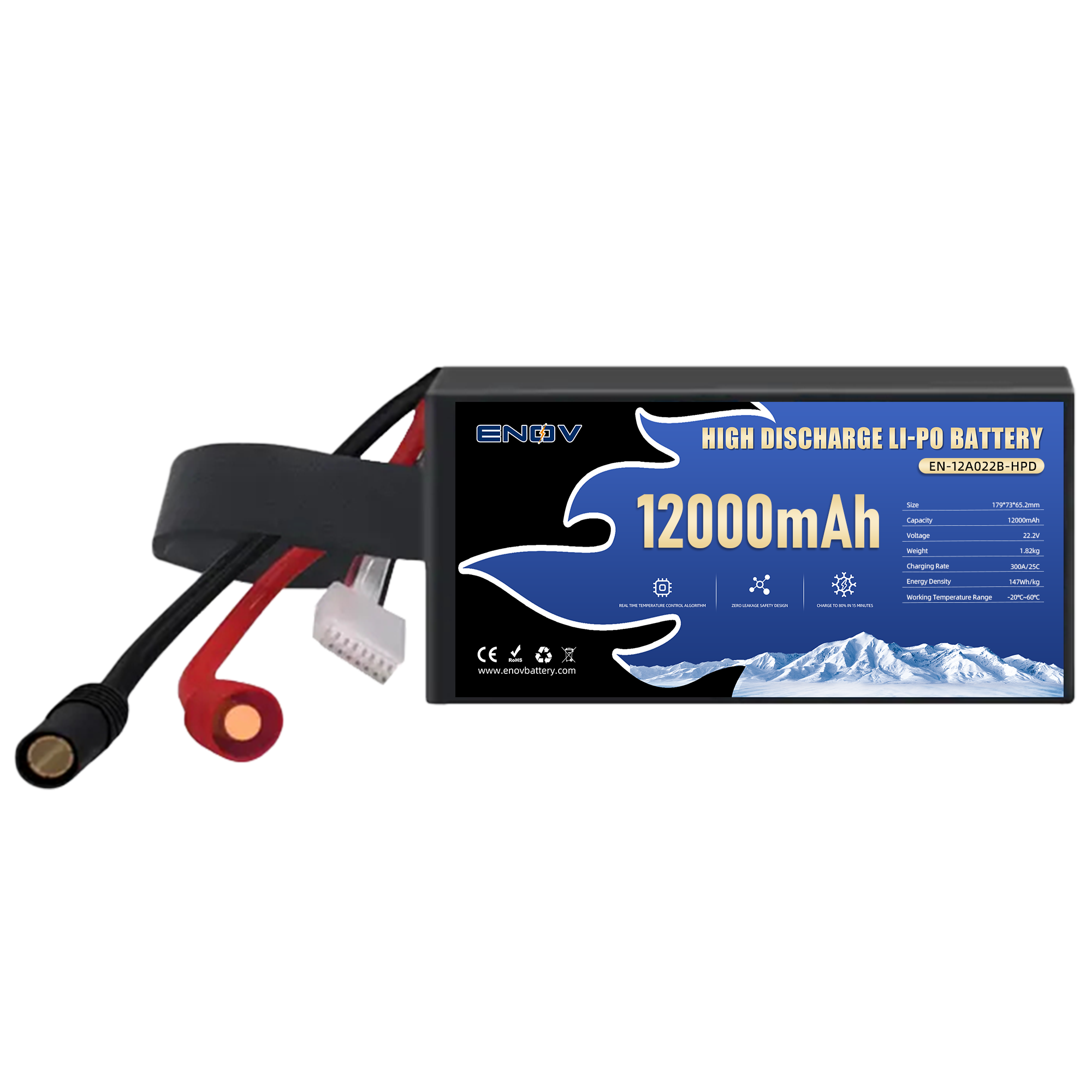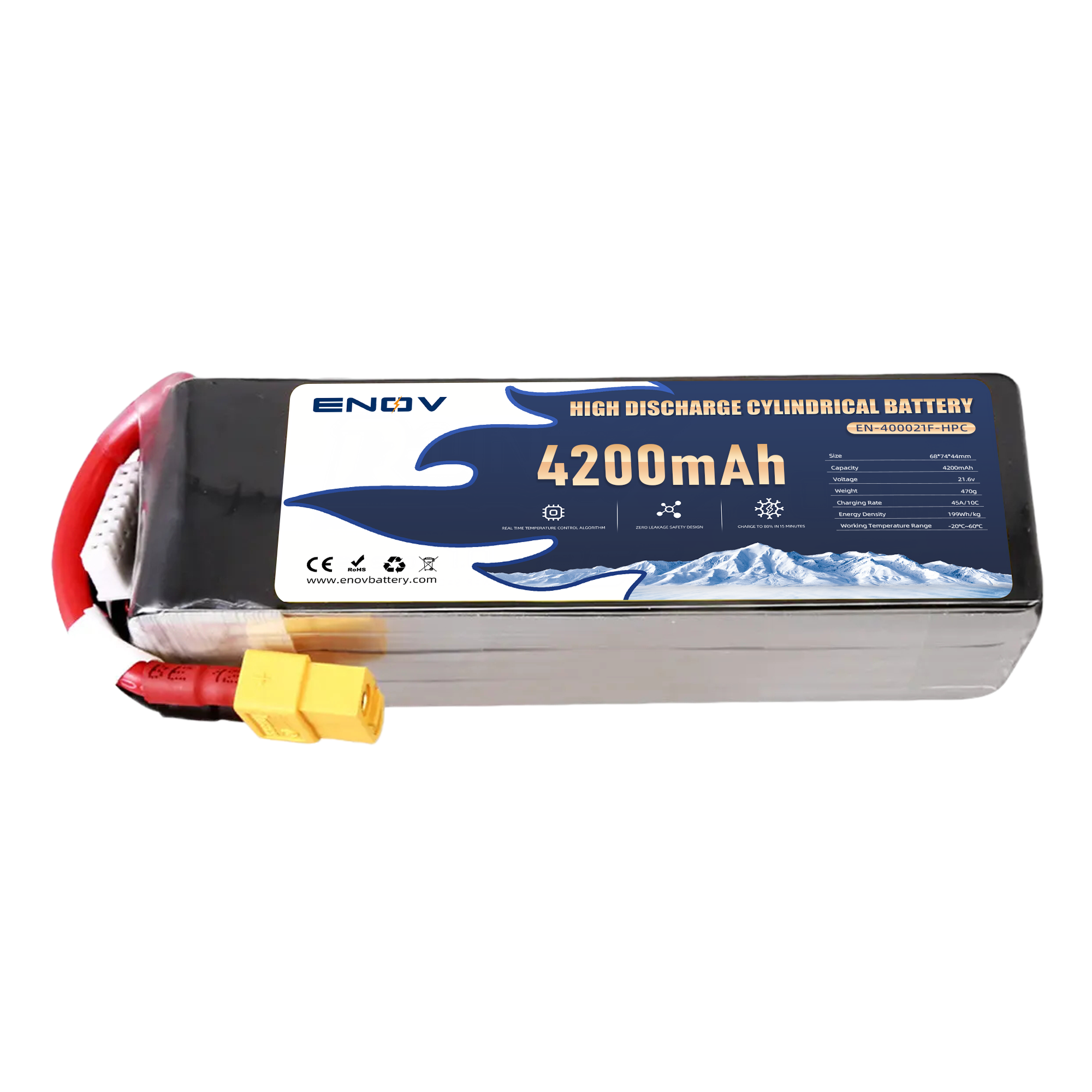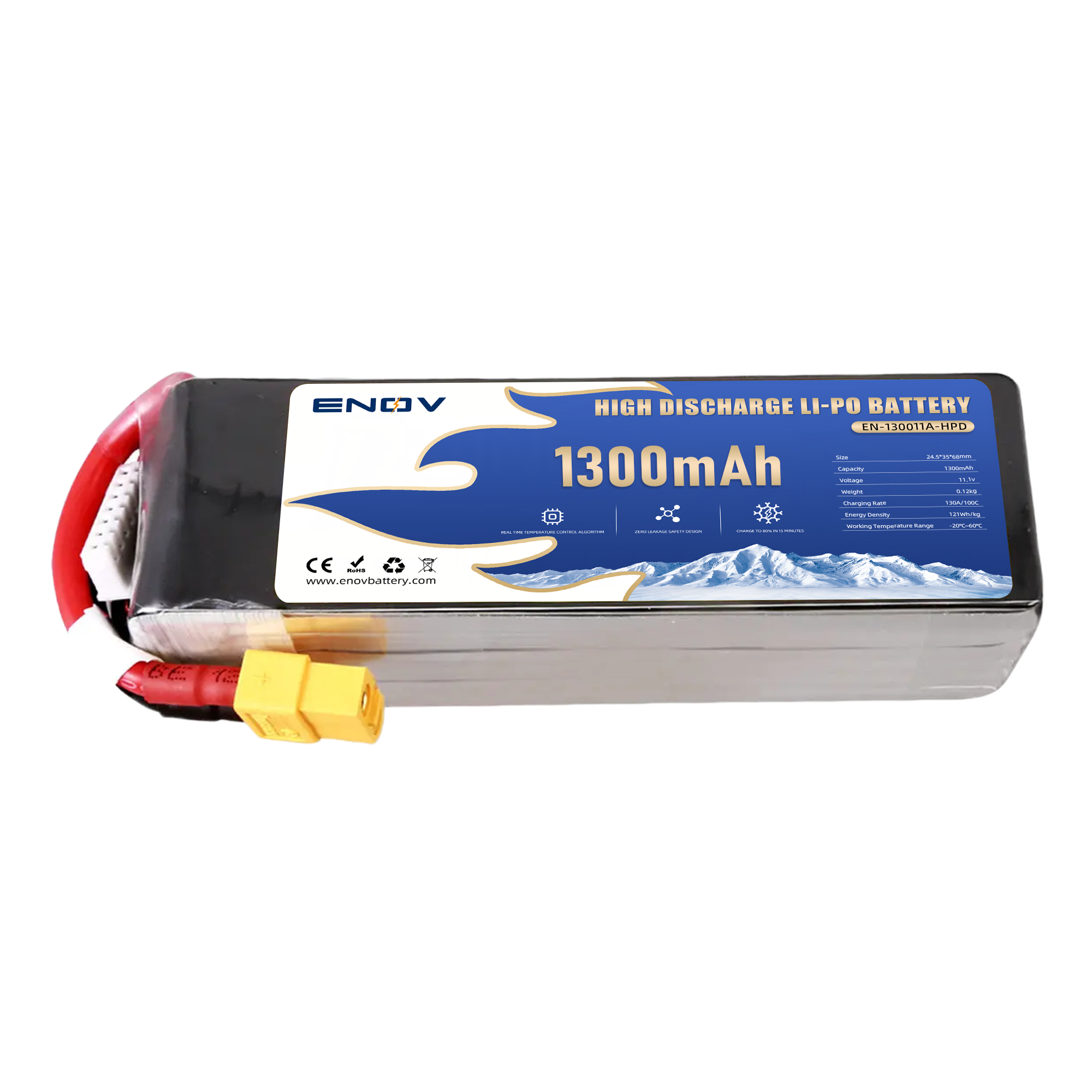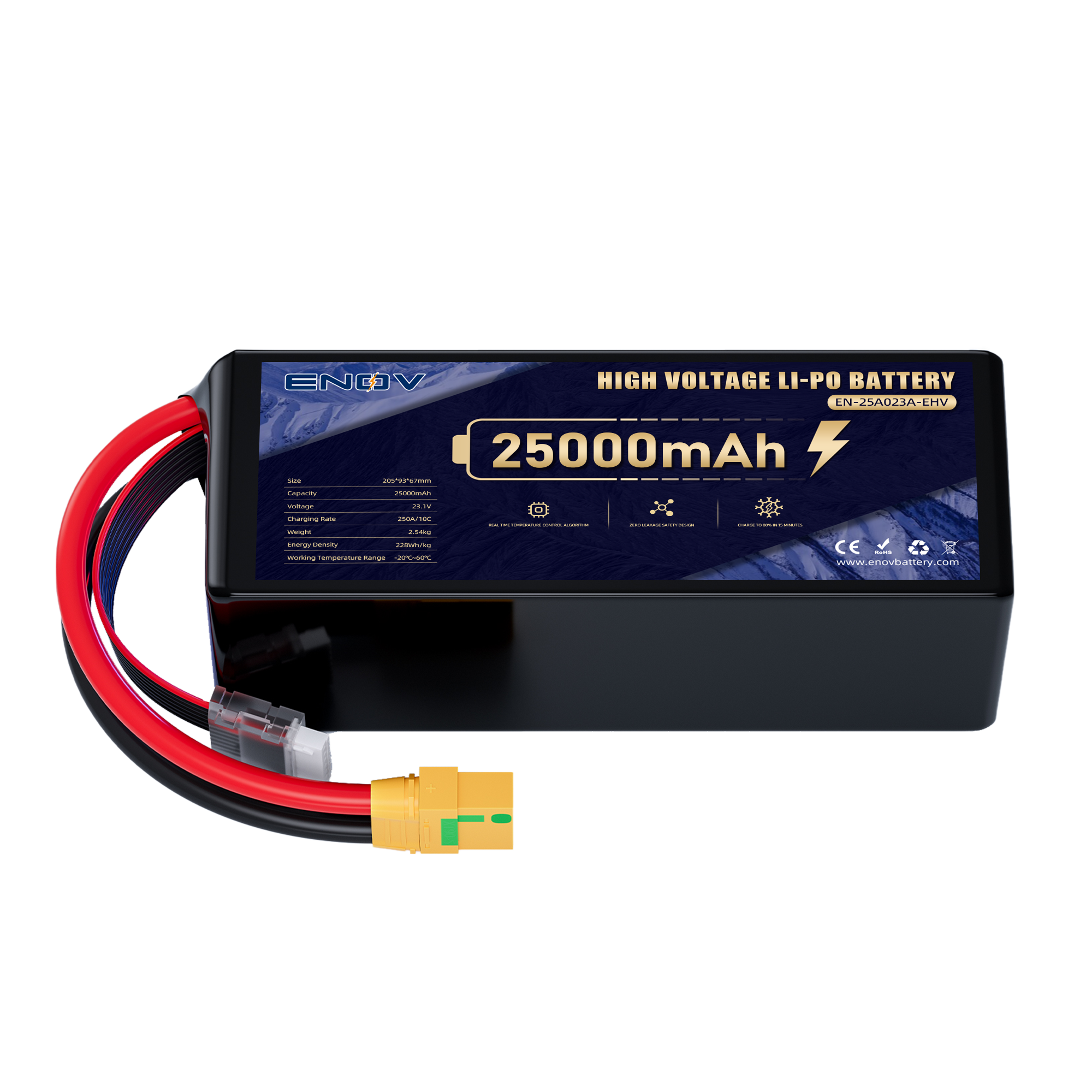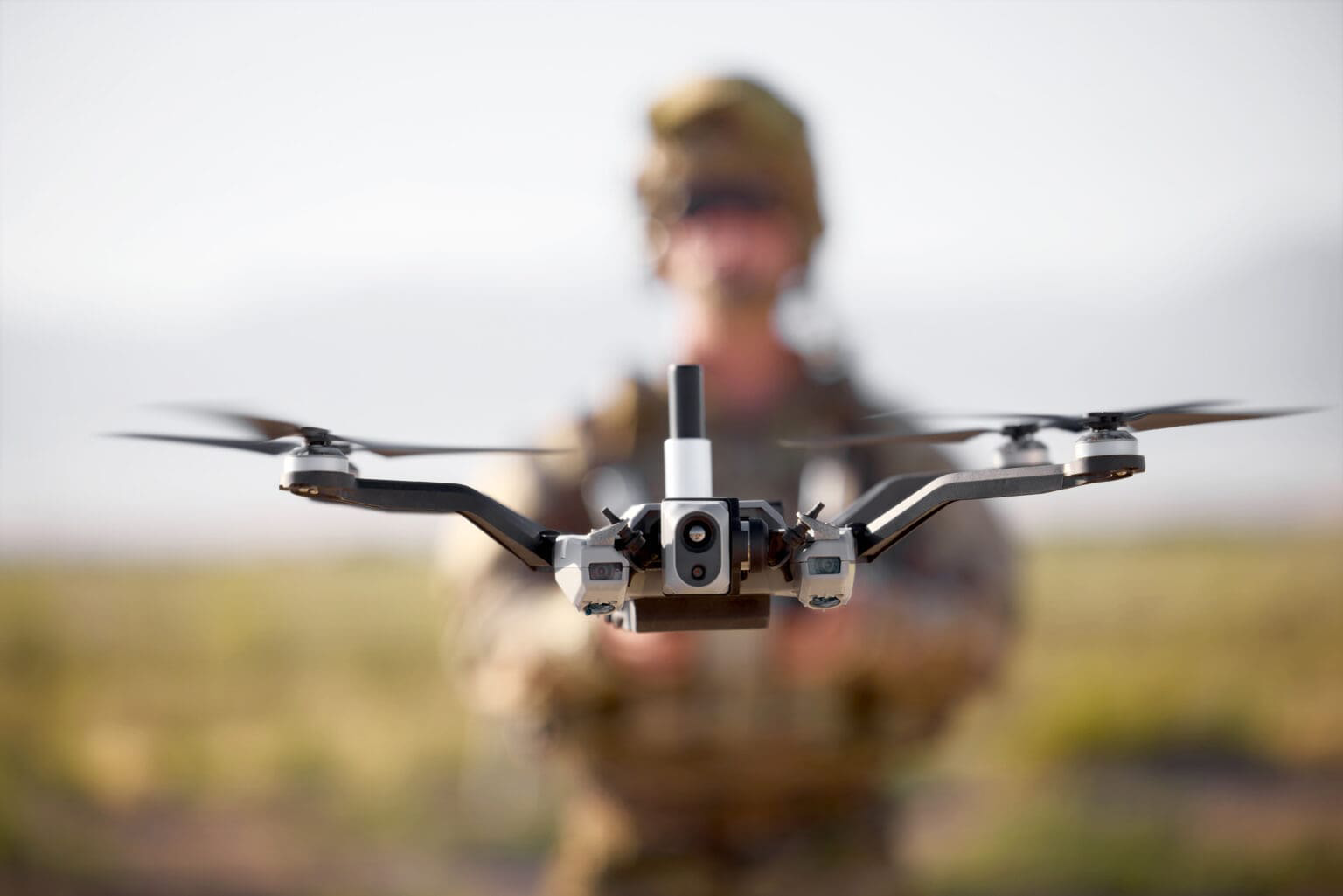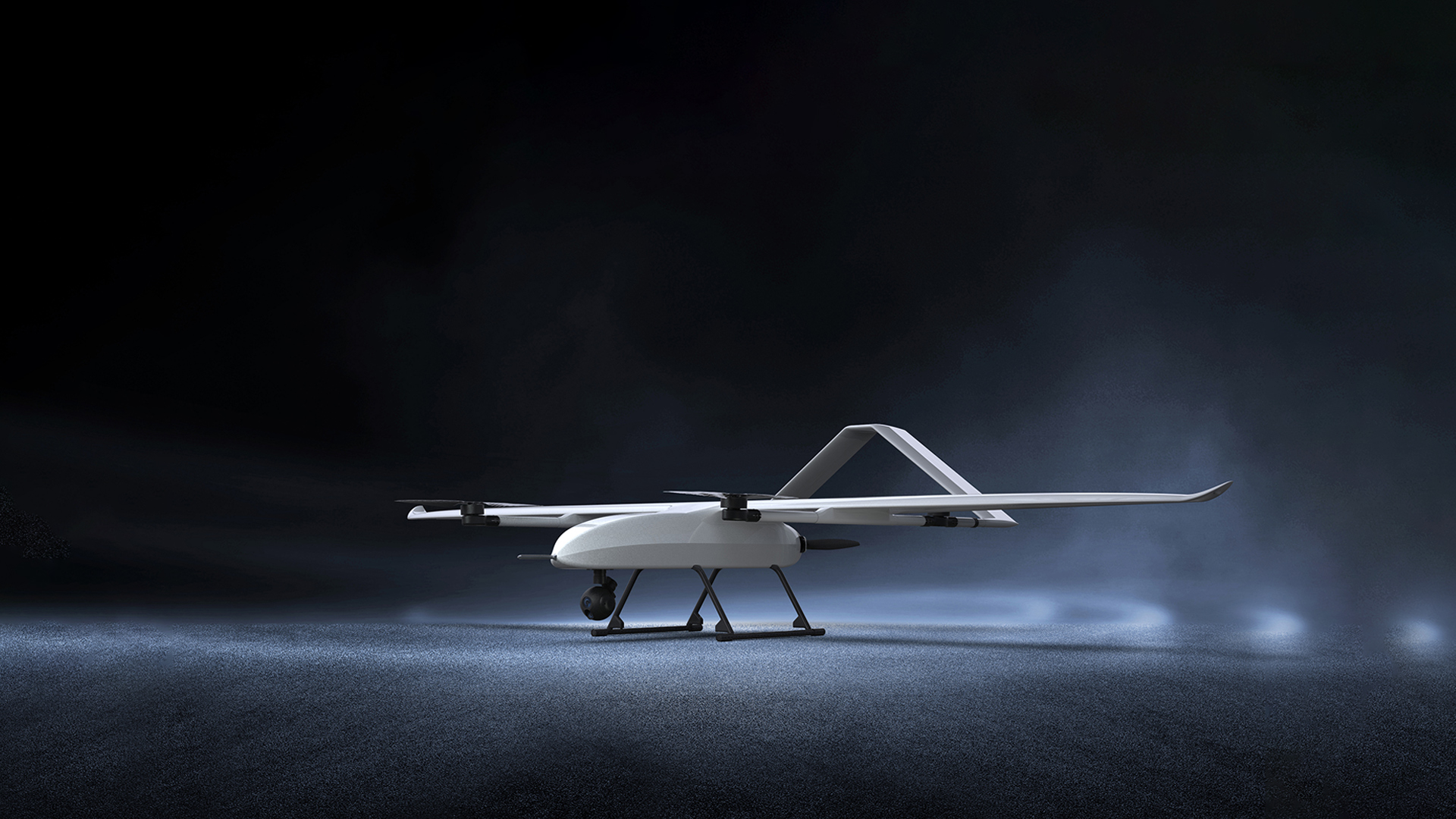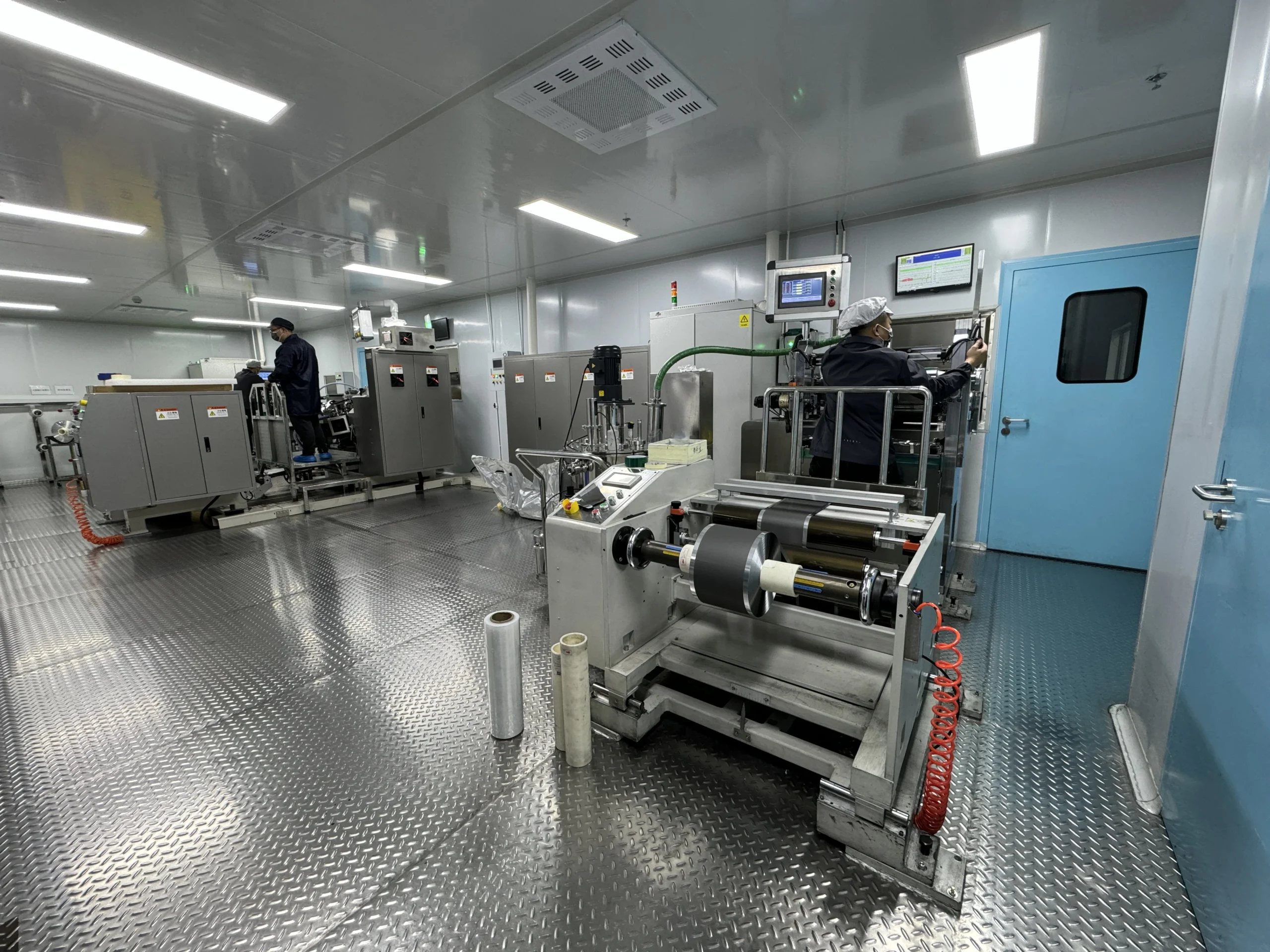Functional Logic Testing for Drone Batteries:
Validating Smart Features and Reliability
Functional Logic Testing for Drone Batteries: Ensuring Smart Features Deliver Peak Performance
Modern drone batteries are no longer passive power sources—they integrate advanced smart features like self-diagnostic algorithms, real-time health monitoring, and adaptive charging protocols. Functional logic testing for drone batteries validates these intelligent systems to ensure reliability, safety, and efficiency.
This article dives into the methodologies and benefits of rigorously testing smart battery functionalities, from balancing cells to mitigating thermal risks, and explains how these tests optimize performance across diverse operational conditions.
thrust
Functional logic testing evaluates how smart battery systems interact with a drone’s hardware and software. First and foremost, it verifies the accuracy of embedded algorithms that monitor voltage, temperature, and state of charge (SOC).
For example, a battery management system (BMS) must dynamically adjust charging rates to prevent overheating while maintaining optimal energy flow . Additionally, tests confirm fail-safe mechanisms, such as automatic shutdown during overvoltage or short circuits, which are critical for preventing catastrophic failures .
Transitional tests also simulate real-world scenarios—like sudden power surges or rapid temperature fluctuations—to ensure the BMS adapts seamlessly. By doing so, manufacturers guarantee drones operate safely in extreme environments, from arctic surveys to desert inspections.
Smart battery testing focuses on three interconnected layers: hardware resilience, software accuracy, and system integration.
• Cell Balancing and Charge Optimization: Functional logic tests validate the BMS’s ability to balance individual cell voltages during charging and discharging. Uneven cell performance can reduce battery lifespan or trigger premature failures. Advanced testing tools simulate imbalanced cells to verify corrective actions, such as redistributing energy or throttling output .
• Sensor and Communication Accuracy: Drones rely on precise sensor data for navigation and mission execution. Tests assess how well the BMS communicates with onboard sensors and ground control systems, ensuring latency-free data transmission. For instance, discrepancies in voltage readings or GPS synchronization can lead to flight instability, making this validation critical .
• Thermal Management: Smart batteries must regulate heat generation during high-load operations. Testing involves exposing batteries to controlled thermal stress while monitoring cooling responses, such as activating air-cooling mechanisms or throttling power output .
Beyond static lab conditions, functional logic testing incorporates dynamic simulations to mimic field challenges:
• Autonomous Mission Stress Tests: Validate how batteries handle variable payloads and sudden altitude changes. For example, a delivery drone’s battery must maintain stable voltage during rapid ascent or payload release, requiring precise energy distribution algorithms .
• Low-Power Recovery: Test fail-safes like “Return-to-Home” (RTH) under low SOC conditions. The BMS should prioritize critical systems (e.g., navigation) while deprioritizing non-essential functions (e.g., camera feeds) to extend flight time .
• Cybersecurity and Firmware Integrity: Smart batteries with IoT connectivity require validation against data breaches or firmware tampering. Tests ensure encryption protocols and over-the-air (OTA) updates do not compromise battery performance .
Functional logic testing aligns with global standards like UN 38.3, IEC 62133, and RTCA DO-311, which mandate rigorous validation of smart features for airworthiness and safety. Moreover, it prepares batteries for emerging technologies:
• AI-Driven Predictive Maintenance: Testing frameworks now incorporate machine learning models to predict cell degradation patterns, enabling proactive replacements before failures occur .
• Swarm Compatibility: Validate how batteries synchronize in drone swarms, ensuring uniform energy distribution and collective load management without signal interference .
Conclusion
Functional logic testing for drone batteries is the cornerstone of modern UAV reliability, bridging raw power and intelligent adaptability. By rigorously validating smart features—from thermal regulation to cybersecurity—manufacturers empower drones to tackle complex missions safely and efficiently. As battery technology evolves, these tests will remain essential to unlocking next-generation innovations in autonomy, sustainability, and operational precision.
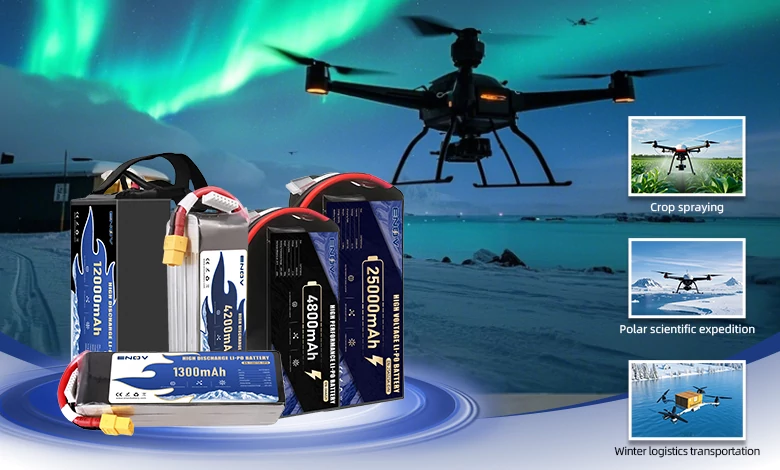
UAV DRONE battery
Enov UAV battery has the most advanced UAV battery new technology, it has a lightweight structural design, ultra-high energy density, stable continuous discharge, customized ultra-high instantaneous discharge, wide temperature working range, stable charge and discharge, battery materials can choose high nickel terpolymer positive/silicon carbon negative material system combined with semi-solid battery technology. Or choose a more mature application of more UAV lithium battery technology, available UAV battery nominal voltage 3.7V, capacity 18.0Ah ~ 30.0Ah, support 10C continuous discharge and 120C pulse discharge (3 seconds). With ultra-high energy density (220-300Wh/kg) as its core advantage, Enov UAV batteries can meet the needs of long-term endurance scenarios such as plant protection drones and transport drones, while maintaining stable emission performance in extremely low temperature environments (-40℃).
Other products
START-STOP LITHIUM BATTERY
LITHIUM ENERGY STORAGE BATTERY
QUICK INQUIRY
FAQ
Access to high frequency technical questions with one click, get accurate answers on product application, after-sales policy and customization process.
Service and Support
Get the latest product specifications, explore professional OEM/ODM customization services, click to open exclusive technical support and production solutions.
Become a Partner
We sincerely invite resources to interconnect, work together for win-win development, and immediately open a new chapter of strategic cooperation!
